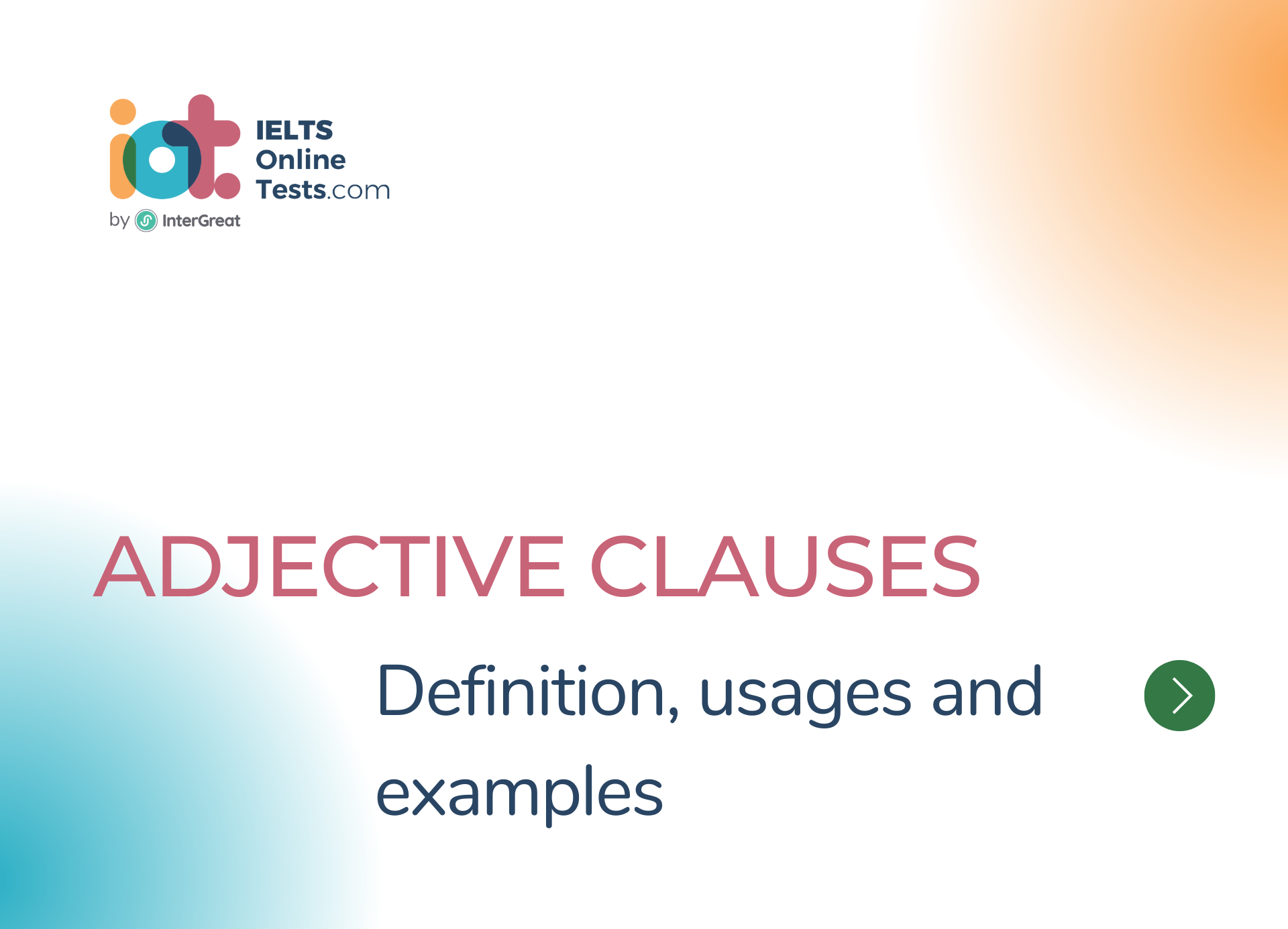
Adjective Clauses
Adjective clauses, also known as relative clauses, are a type of dependent clause that function as adjectives within a sentence. They provide additional information about a noun or pronoun, helping to describe or identify it more specifically.
Here are some further details about adjective clauses:
Introduction:
- Adjective clauses are introduced by relative pronouns (e.g., who, whom, whose, which, that) or relative adverbs (e.g., where, when, why).
- The choice of relative pronoun or adverb depends on the role and function of the clause within the sentence.
- Examples:
- Relative pronoun: "The person who called me is my friend."
- Relative adverb: "This is the place where we met."
Modifying Function:
- Adjective clauses modify a noun or pronoun by providing additional information about it.
- They help to describe, identify, or provide more details about the noun or pronoun they are associated with.
- Examples:
- "The book that she is reading is interesting." (modifies the noun "book")
- "I met the person who won the competition." (modifies the noun "person")
Placement:
- Adjective clauses can be placed directly after the noun or pronoun they modify or at the end of the sentence.
- When placed immediately after the noun, they are often called "restrictive" because they provide essential information that helps identify the noun.
- When placed at the end of the sentence and set off by commas, they are often called "nonrestrictive" because they provide additional, nonessential information.
- Examples:
- Restrictive: "The car that is parked outside is mine."
- Nonrestrictive: "My brother, who is a doctor, lives in London."
Adjective clauses add depth and specificity to sentences by providing more information about the noun or pronoun they modify. They contribute to clearer and more precise writing by conveying important details or specifying certain characteristics. Understanding how to construct and use adjective clauses allows for more effective and descriptive expression of ideas.




